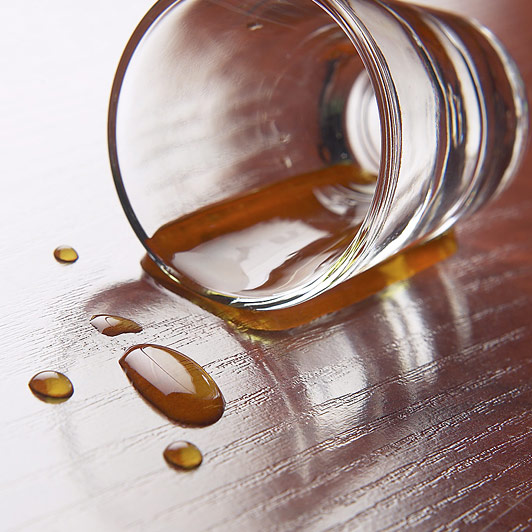
WEDNESDAY, Jan. 23 (HealthDay News) — Alcohol may help you get to sleep faster and sleep better at first, but it disrupts your sleep later in the night, according to British researchers who reviewed all known scientific studies on alcohol’s impact on sleep.
The authors said they hope their findings will help people understand that drinking alcohol only gives the impression of improving sleep, and that it should not be used as a sleep aid.
The review found that alcohol consumption shortens the time it takes to get to sleep and increases initial deep sleep, but reduces rapid eye movement (REM) sleep. Lack of REM sleep can harm concentration, motor skills and memory.
The review appeared online Jan. 22 and is in the April print issue of the journal Alcoholism: Clinical & Experimental Research.
“One hypothesis is that alcohol acts like medications that are used for depression and anxiety,” review corresponding author Irshaad Ebrahim, medical director at the London Sleep Centre, said in a journal news release.
“Studies on patients with depression have identified that untreated patients had excessive REM sleep, particularly in the early part of the night, and that antidepressant medication suppressed REM sleep. Alcohol acts like antidepressants, reducing REM sleep particularly in the first part of the night. This impact of alcohol on REM sleep may explain the mood elevation and anxiety reduction associated with alcohol use,” Ebrahim said.
Ebrahim’s colleague, Chris Idzikowski, director of the Edinburgh Sleep Center in Scotland, pointed out that the review helps clarify the research findings. “Certainly a mythology seems to have developed around the impact of alcohol on sleep,” Idzikowski said in the news release.
“In sum, alcohol on the whole is not useful for improving a whole night’s sleep. Sleep may be deeper to start with, but then becomes disrupted. Additionally, that deeper sleep will probably promote snoring and poorer breathing. So, one shouldn’t expect better sleep with alcohol,” Idzikowski said.
More information
The U.S. National Institute of Neurological Disorders and Stroke has more about sleep.

